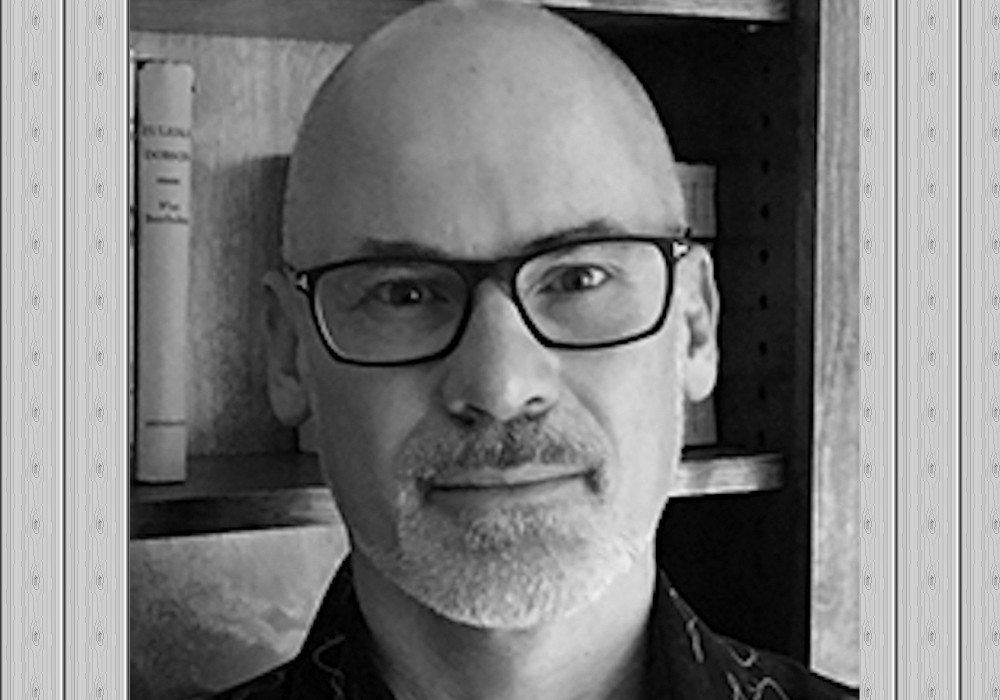Abdeali Saherwala | Contributor
Featured image: Dr. Mykhalovskiy’s recent research has focused on the criminalization of HIV/AIDS in Canada and how it has become a barrier to legislative reform. | Courtesy of YFile
York sociology professor Eric Mykhalovskiy has been awarded the 2017 Canadian Association for HIV Research-Canadian Foundation for AIDS Research (CAHR-CANFAR) Excellence in Research Award in the Social Sciences.
Celebrating his knowledge and devotion to social justice and to creating social change, the award highlights Mykhalovskiy’s work in HIV/AIDS research on both national and international scales.
His past research has involved working with people with HIV who are utilizing newly available antiretroviral therapies to see how they are used for patients to manage their health. His current research concentrates on the criminalization of HIV/AIDS in Ontario and how it impacts patients.
“In Canada, people can be criminally charged and prosecuted for having the virus when they don’t disclose their HIV/AIDS status to their sex partners,” Mykhalovskiy says. “They are often charged with aggravated sexual assault, which is one of most serious criminal offences in the books.
“These charges happen even when people with HIV have no intent to transmit, take precautions to prevent transmission, pose negligible to no risk of transmission, and don’t, in fact, pass on the virus.”
Mykhalovskiy says his research explores the different aspects of the issue, including “the patterns and trends in charges, the unintended public health implications of HIV criminalization, and the stigmatized nature of media coverage of HIV non-disclosure criminal cases.”
Further, Mykhalovskiy is a sociologist with primary training in Institutional Ethnography (IE). He adds that his IE background helps him better comprehend HIV/AIDS criminalization in Canada. In applying IE approaches, Mykhalovskiy studies the social organization of the biomedical, institutional, and broader responses to the HIV epidemic in Canada.
“HIV/AIDS criminalization is produced through the intersection of the activities of a range of social and institutional actors, and the forms of discourse that they produce,” he emphasizes. Mykhalovskiy has become a leader in mobilizing just public policy responses to HIV. His research has been published in several notable publications, such as AIDS Care, Social Theory and Health, the International Journal of Public Health, Medical Anthropology, and Critical Public Health.
“Research has played an essential role in building the momentum for ending unjust HIV criminalization,” he says. “It has pushed Canada’s HIV research scientists for action on the part of federal, provincial, and territorial governments, to limit the much too broad use of the criminal law.”
Dr. Sarah Flicker, an environmental studies professor at York, nominated him for the award, which was presented at the CAHR conference last month in Montréal.
Mykhalovskiy is satisfied to see CAHR and CANFAR recognize research that addresses a controversial issue from a critical social science perspective.
“Of course I was happy,” he beams.
Mykhalovskiy is thankful to have worked on the issue over the years with a group of lawyers and advocates. “Richard Elliott and Cecile Kazatchkine from the Canadian HIV/AIDS Legal Network, Ryan Peck and Glenn Betteridge from the HIV/AIDS Legal Clinic Ontario, and Tim McCaskell from the Ontario Working Group on Criminal Law and HIV Exposure, all have been fantastic to work with,” he says.
For more information on prosecutorial guidelines for HIV non-disclosure, Mykhalovskiy advises visiting the Criminal Law and HIV Exposure official site.


